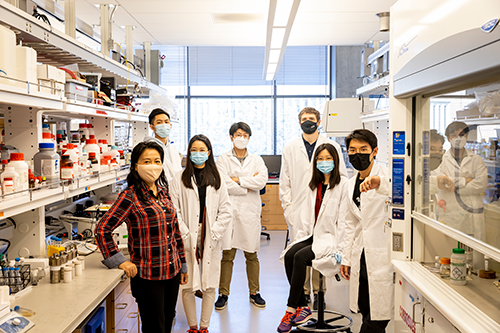
Scientists at the University of Washington have recently developed a new nanoparticle-based drug delivery system that simultaneously delivers chemo- and immune- therapeutics directly to the tumor site, limiting harmful off-target side effects. In a paper published last November in Materials Today, they reported that their multifunctional nanoparticle can inhibit tumor growth and spread, also known as metastasis, in mouse models of triple negative breast cancer, an exceptionally aggressive form of breast cancer with limited treatment options.
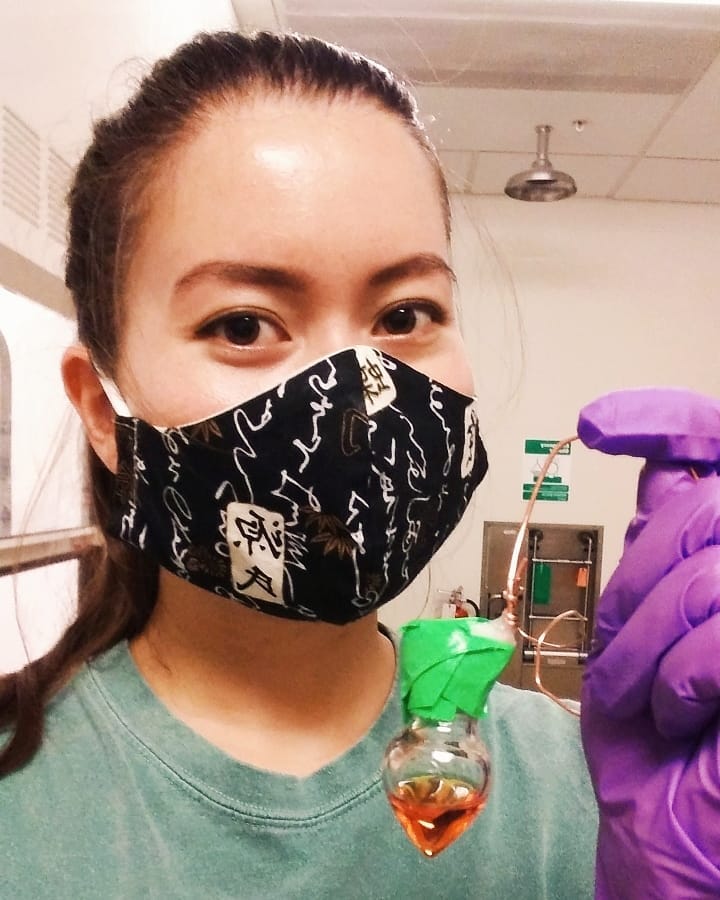
Ayumi Pottenger never planned to study engineering. Here, the third-year molecular engineering (MolE) Ph.D. student reflects on what drew her to the program and where she's headed next.
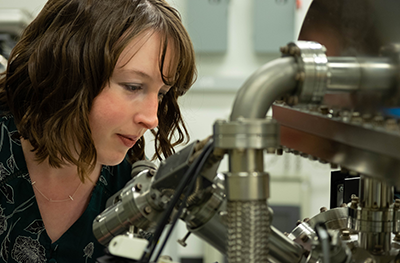
MAF staff scientist Dr. Samantha Young manages the x-ray diffractometer (XRD) and two x-ray photoelectron spectrometers (XPS) in the MAF. Both are instruments that use x-rays to analyze a material, but provide different information. Learn more about Samantha and her work in our Q&A!

Corie L. Cobb, professor of mechanical engineering and the Washington Research Foundation Innovation Professor in Clean Energy, has been selected as recipient of the prestigious Defense Advanced Research Projects Agency (DARPA) Director's Fellowship Award.
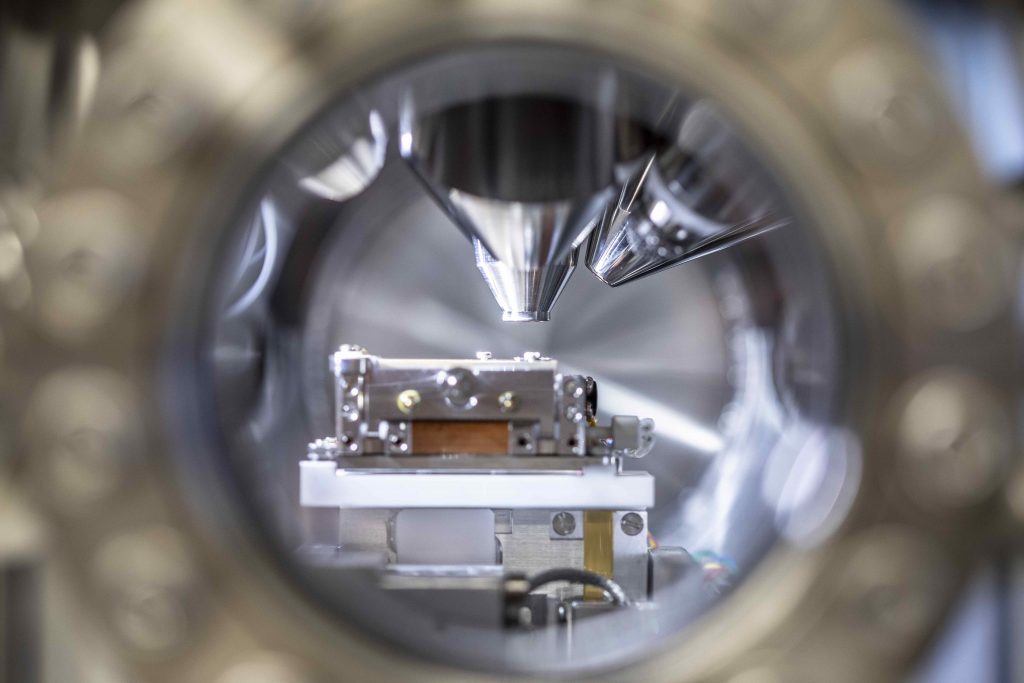
To support the use of nanotechnology tools to develop innovative, new technologies, the Northwest Nanotechnology Infrastructure (NNI) is offering seed grants for work to be conducted in our fabrication or characterization facilities. These grants are designed to help users build and characterize prototypes, obtain preliminary results and conduct proof of concept studies.

Six researchers affiliated with the Molecular Engineering & Sciences Institute are among the most influential in the world, according to the annual Highly Cited Researchers list published by the Web of Science, the world's largest publisher-neutral citation index.
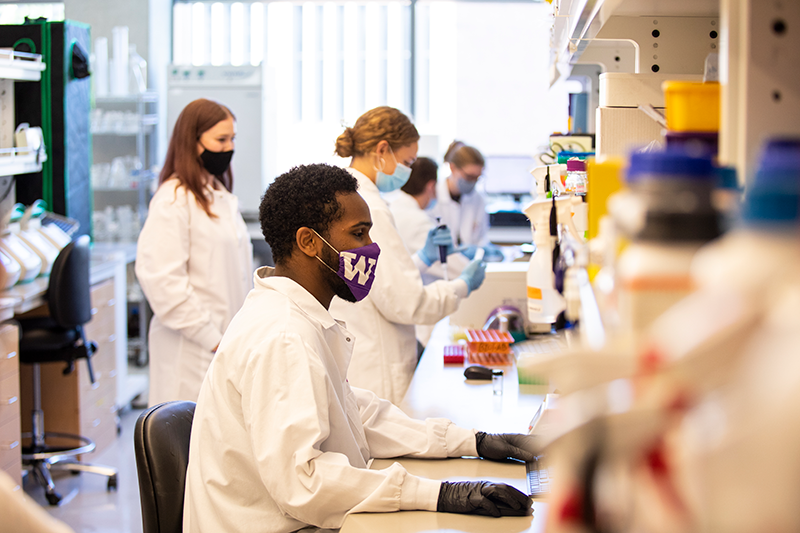
The UW's Biofabrication Center, a unique facility dedicated to enabling the rapid design, construction and testing of genetically reprogrammed organisms, is partnering with Agilent Technologies in pursuit of automated, reproducible research.
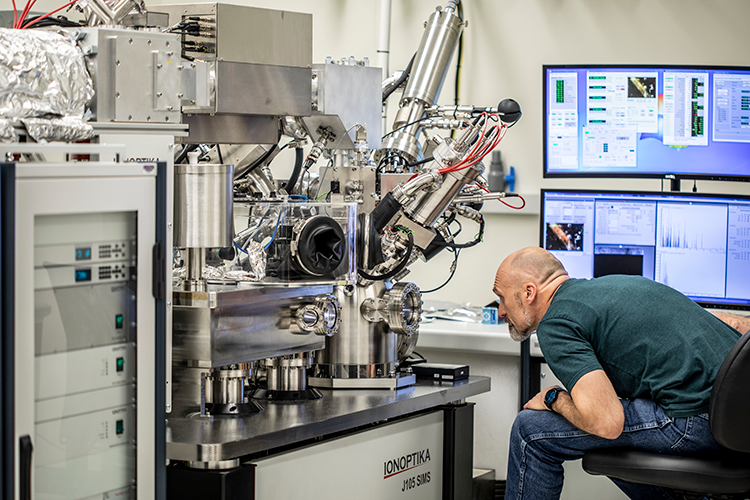
MAF staff member Dan Graham was recently selected to receive the 2021 AVS Applied Surface Science Division Peter M. A. Sherwood Mid-Career Professional Award for innovation and leadership in the application of Time-of-flight secondary ion mass spectrometry (ToF-SIMS) to organic and biological materials and for the development of practical multivariate analysis tools.
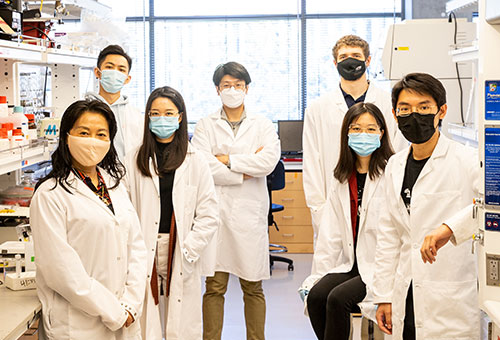
Miqin Zhang is working to improve cancer treatment with nanoparticles made from the same material found in crustacean shells.
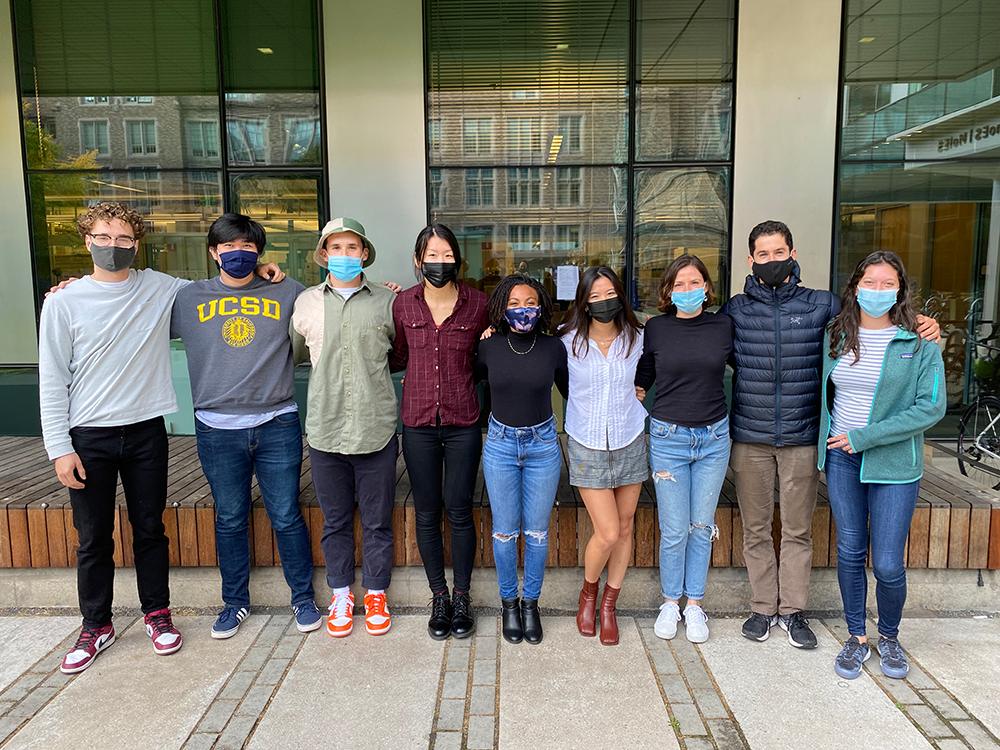
Join us in welcoming our 8th cohort of future molecular engineers! The 2021 cohort consists of nine students with backgrounds in either engineering or the natural sciences, all of whom are interested in developing innovative molecular-based solutions to pressing grand challenges. Learn more about our newest trainees and their current research interests.